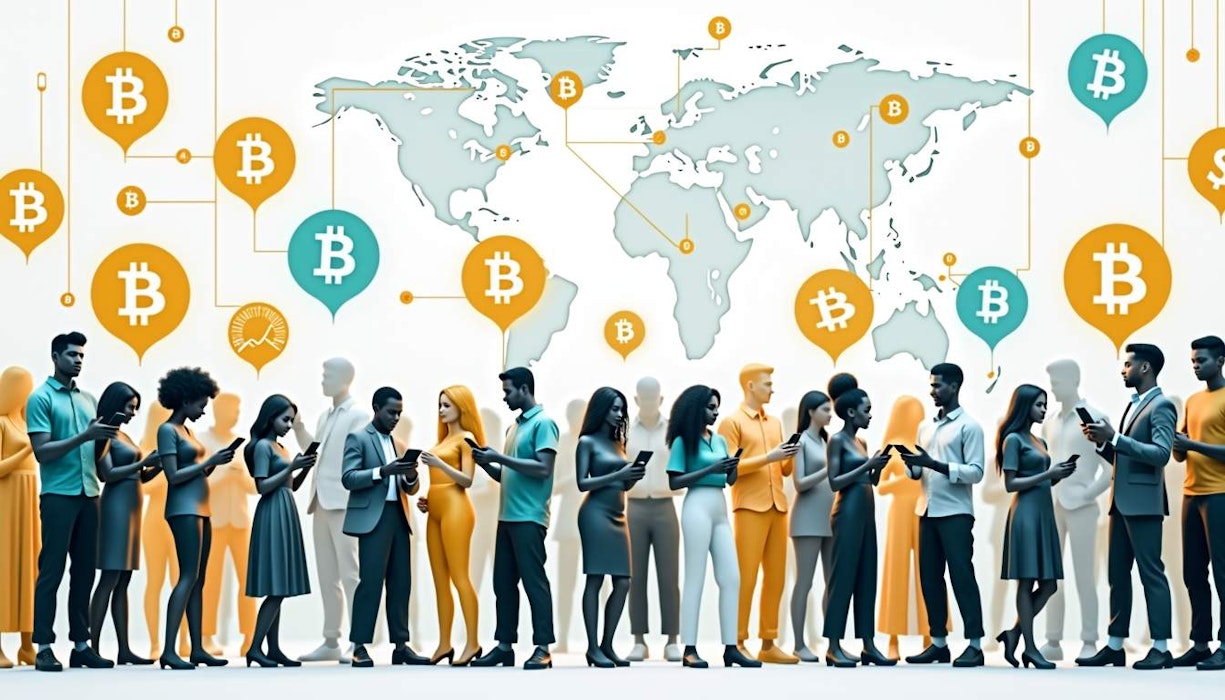What is Decentralized Telecom and Why Does it Matter?
Q: What is decentralized telecom and why is it important?
Decentralized telecom refers to a network where control and management are distributed among multiple participants rather than centralized in one entity. The importance of this approach lies in its potential to provide communication and financial services to areas that are currently underserved or unserved, thereby enhancing accessibility and resilience.
How is Karrier One Pioneering Change in Telecom?
Q: What innovations is Karrier One bringing to the telecom landscape?
Karrier One is at the forefront of telecommunications innovations, merging telecom services with financial solutions. Their vision is to enable every connected device to operate as a financial hub, facilitating secure transactions, identity verification, and access to microfinance. This not only enhances communication capabilities but also fosters economic empowerment.
Can Telecom Reach the Unbanked?
Q: How can telecom networks contribute to banking the unbanked population?
Telecom networks can serve as a crucial access point for unbanked populations, particularly in regions lacking robust banking infrastructure. Karrier One's decentralized platform transforms every connected device into a banking option, allowing secure transactions, credit access, and digital asset management via mobile devices, even in remote areas.
What is the DePIN Model?
Q: What does the Decentralized Physical Infrastructure Networks (DePIN) model entail?
The DePIN model is central to Karrier One's strategy. It empowers local communities to develop and manage their telecom networks, reducing dependency on centralized operators. This model decreases costs, extends services to rural areas, and builds resilient infrastructures. Each connected device contributes to the network's expansion, making it a sustainable and scalable solution.
Why is MENA a Prime Candidate for Decentralized Telecom Solutions?
Q: What makes the Middle East and North Africa (MENA) region a prime candidate for decentralized telecom?
The MENA region, with its burgeoning digital economy and substantial blockchain investments, is well-positioned to adopt decentralized telecom solutions. Connectivity gaps often coincide with financial exclusion in this area, perpetuating inequality. Karrier One's platform addresses these issues by integrating financial inclusion into its connectivity services.
What Opportunities Await for Investors and Telcos?
Q: What opportunities exist for investors and telecom operators with Karrier One?
Investors have the opportunity to engage in a transformative shift in both telecom and finance. Karrier One's decentralized model addresses inefficiencies and opens new revenue channels. Telecom operators can benefit from adopting decentralized principles, expanding their reach, and reducing costs. Collaboration with Karrier One signifies embracing innovation and staying competitive.
Additional Insights
Q: What impact can decentralized telecom networks have on traditional banking in Latin America?
Decentralized telecom networks can greatly improve financial inclusion in Latin America, enhancing internet access and reducing connectivity expenses. This will expand digital financial services into remote areas, supporting the growth of fintech services and ultimately aiding economic recovery.
Q: What risks accompany using decentralized telecom for transactions in hyperinflationary economies?
Using decentralized telecom for financial transactions in hyperinflationary economies comes with risks, including regulatory compliance challenges, operational vulnerabilities, and financial stability concerns. High inflation can increase the volatility of cryptoassets, complicating financial transactions and risking financial losses.
Q: Can integrating telecom and finance through decentralized platforms create new economic inequalities?
While decentralizing telecom and finance can enhance inclusion, it may also lead to new inequalities if access to technology isn't equitable. Ensuring that the benefits of these platforms reach all income levels and regions is essential to avoid worsening existing disparities.
Q: How does decentralized telecom compare to existing peer-to-peer platforms in promoting financial inclusion?
Both decentralized telecom solutions and peer-to-peer platforms aim to improve financial inclusion but do so through different methods. Decentralized telecom utilizes existing phone networks to facilitate transactions, while peer-to-peer platforms leverage blockchain technology for borderless transactions. Both approaches are vital for expanding financial access globally.
Summary
Karrier One is not merely a tech company; it's a movement aiming to integrate telecom and finance for the benefit of underserved communities. Through decentralized infrastructure and blockchain-driven financial inclusion, Karrier One envisions a future where connectivity is a catalyst for economic transformation. Investors and telecom operators have a unique chance to partake in this revolution, fostering global change and empowerment.
